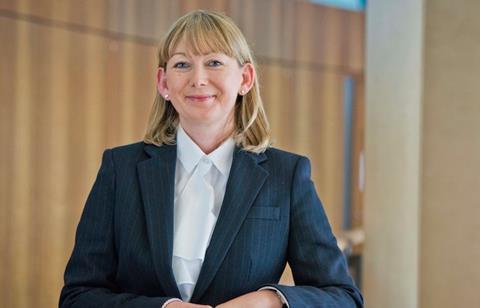
Under a quarter (24%) of respondents who are divorced women are unable to save into a pension, compared with 12% of divorced men who are not able to save in their pension pot, according to research by Scottish Widows.
Its Women and retirement report, which surveyed 5,314 UK adults in April 2017 and 5,000 UK adults in September 2017, also found that 52% of female respondents are saving adequately for the future, compared with 59% of male respondents.
The research also found:
- 49% of respondents who are divorced women are saving adequately for the future.
- 40% of divorced female respondents think their retirement prospects have become worse as a result of splitting with their partner, compared with 19% of male divorced respondents.
- 16% of female respondents who are divorced lost access to any pension pot when they split from their partner, and 10% were left to rely completely on the state pension.
- 48% of female respondents do not know what happens to pensions when a couple gets divorced; 22% think each partner gets to keep their own pension, and 15% believe pensions are split equally no matter what the circumstances.
- 71% of divorced respondents did not discuss pensions during divorce proceedings, and 9% state they want a fair share of pensions when deciding their divorce settlement.
Catherine Stewart (pictured), retirement expert at Scottish Widows, said: “Generally speaking women’s retirement prospects are worse than men’s. The persistent gender pay gap, maternity leave and career breaks can all hold back women’s earning potential and this often impacts pension savings. Relationship breakdowns can leave people really vulnerable but, quite simply, they’re also throwing significant sums of money down the drain.
“It is important that everyone, whether single, married or divorced, takes steps to understand their finances and prepare for their independent future should a relationship break down. We would urge men and women to better understand the legalities around what happens to pension pots during divorce proceedings, as often they are the second largest, if not the largest asset a couple owns.”











